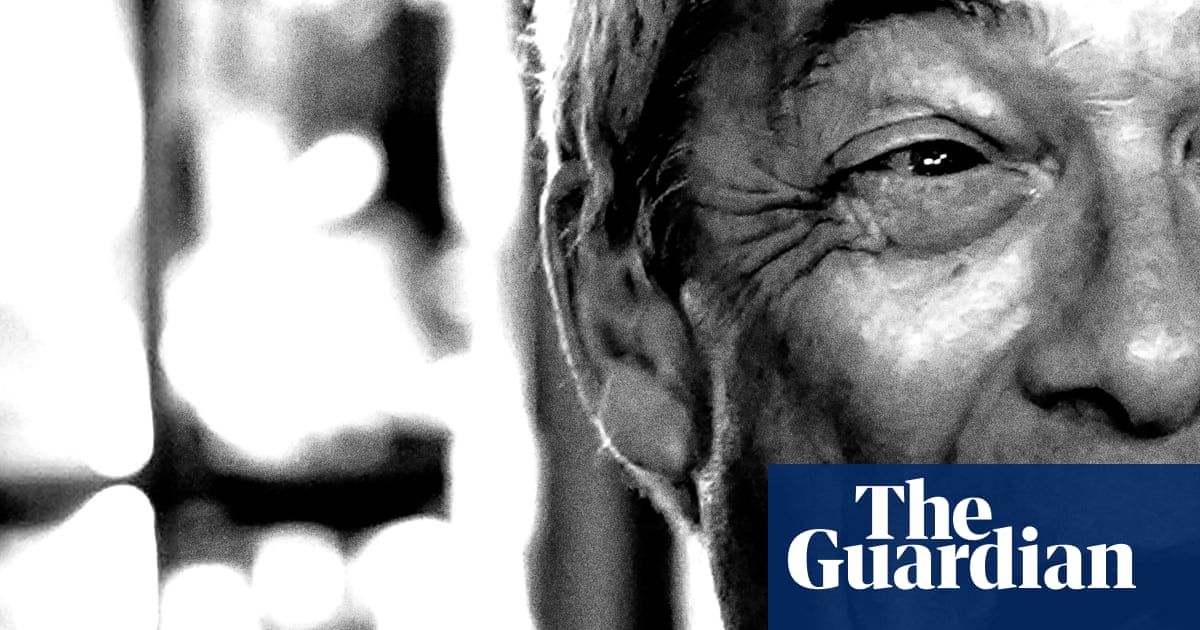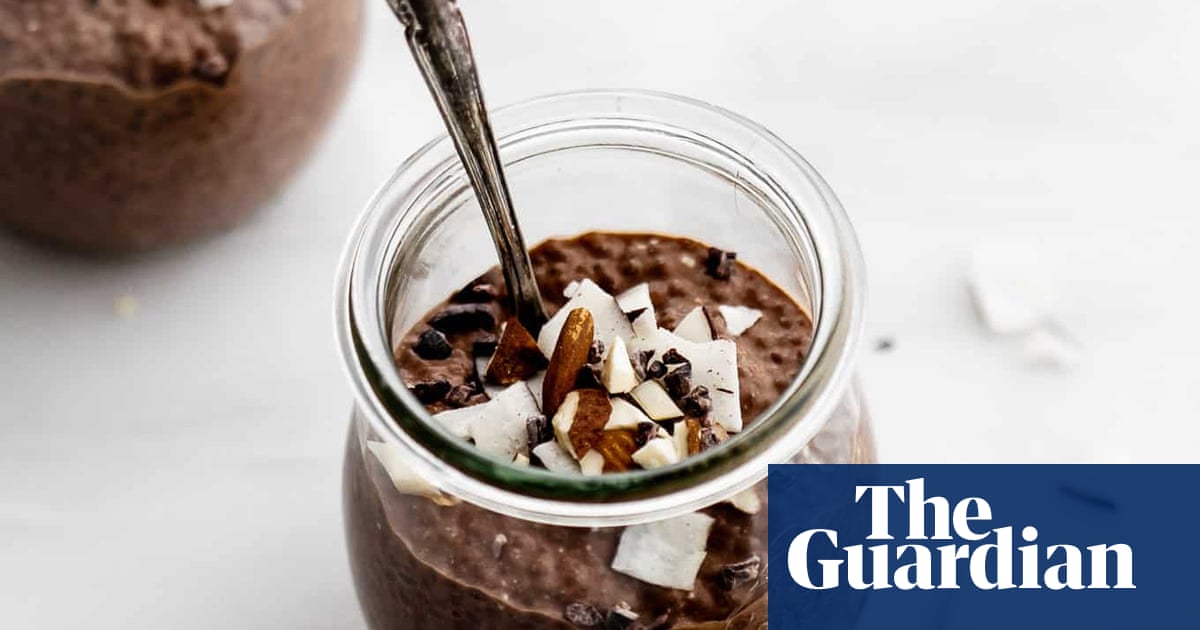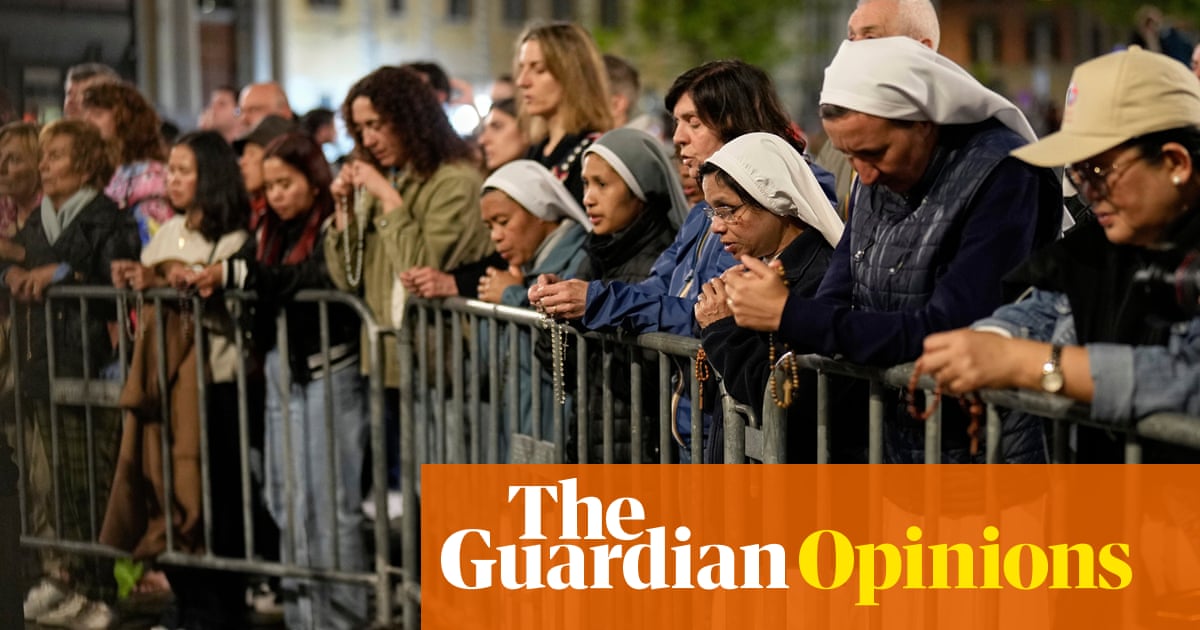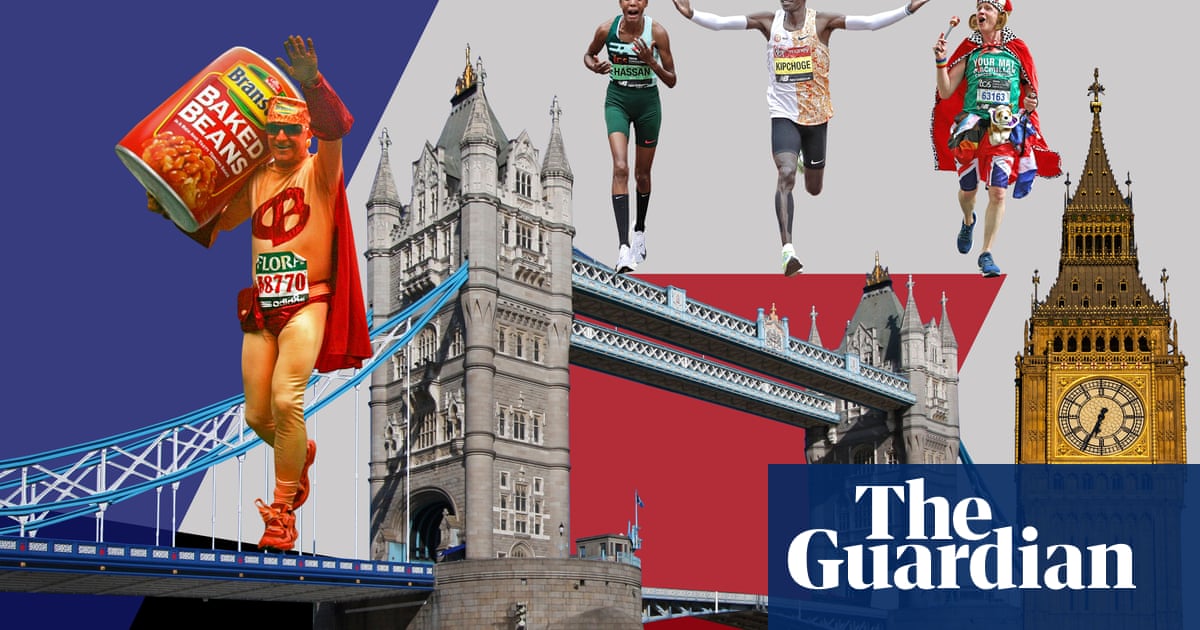A decade ago, I’d have proudly – and smugly – donned my “I’m a liberal” badge. What’s not to like about liberalism, the idea that people are free to live their lives the way they want, so long as they’re not harming anyone else, and the state promotes equality of opportunity through a decent welfare state? It’s the politics of liberalism that paved the way for legislative reforms on race discrimination and gay marriage that have gone hand in hand with declining levels of social prejudice.
I still regard these as important markers of progress. But today I feel sheepish about how simplistic my worldview used to be. Liberalism has much to offer, but there are risks in embracing it as an overarching political philosophy without a degree of humility about its shortcomings: its hollow silence over how to navigate knotty ethical issues where society needs some kind of shared understanding. This queasiness about morality means liberals sometimes look the other way when others smuggle in controversial ethical assumptions under the guise of choice and autonomy.
I’ve never had to confront these shortcomings quite as much as I have in making a new radio series, The Body Politic. In this, I explore what unfolds when complex issues of bioethics, bodily autonomy and life and death collide with the political system, focusing on three issues with varying levels of awareness in the political consciousness. Assisted dying is going to dominate politics in the coming months. On surrogacy, the government faces an important decision about whether to take forward legal changes proposed by the Law Commission. Foetal screening and its implications for genetic diversity are weaker blips on the political radar, but there are urgent questions coming down the track for politicians.
The dominant framework for understanding these issues on the left is liberalism. We shouldn’t restrict people’s choices, including asking a woman to carry a baby for you, or seeking medical assistance to end your own life if you’re terminally ill, unless they cause significant harm to other people. Leftwing sceptics of legislative reform in both these areas – including myself – have accepted this frame. And so the debate has been about the risks of coercion and exploitation, as if these phenomena were just bugs in the system to remove before we get back to what really matters: individual autonomy and control.
How to prevent coercion and exploitation is of paramount importance. But focusing on that question abstracted from a deeper understanding about the relational nature of what it means to be human is too reductive. It has resulted in a narrow debate, about whether sufficient safeguards are possible. Kim Leadbeater, the MP taking forward the assisted dying bill, argues that we should have faith in judges and doctors to discern who is and isn’t choosing death of their own free will. I don’t share that faith at all. Talking about safeguards in relation to the evidence: how rational, liberal and so very good of us.
But the most challenging moments of the series were when the people I was interviewing turned the tables to ask me not where I stood on the evidence but about my own beliefs. An old friend, David Reed, who is training to be a priest, wondered where, in light of my atheistic scepticism about assisted dying, my commitment to the value of life comes from? Cue me umming and ahhing in trying to explain why my objections aren’t related to anything as icky as the sanctity of life. I’d reflected on my reaction by the time the former high court judge Nicholas Mostyn, a strong proponent of assisted dying, looked me in the eye and said, non-believer to non-believer: “You are obviously a person who believes very strongly in the sanctity of human life.” Gosh, maybe I… do? Which doesn’t mean I think assisted dying is innately immoral if truly someone’s free will, but a belief that we can never be certain of this renders it wrong because the consequences are so terrible.
When it comes to surrogacy, my longstanding reservations have been about exploitation of women who carry and give birth to babies for others. But, more recently, I’ve been forced to face up to other concerns that sit less comfortably with my liberal beliefs: the fact that I think the foetus gains a moral status in the later stages of pregnancy, which means I can’t just see gestation as a physical process; for me, there’s a relationship in late pregnancy between mother and baby-to-be that I’m not sure it’s right to break lightly. Or that I don’t think mothers and fathers are truly interchangeable in society at large: of course some people have toxic relationships with their mothers, but there is something valuable about the mother-child bond that perhaps shouldn’t be lost from discussions about how to enable the conception of children who won’t have mothers because they are born to single dads or two fathers. We also explore different views on these questions in the programme.
On prenatal screening, as more information on the foetal genome potentially becomes available to expecting parents, we need to think about where we draw the line in terms of what types of information form the basis of legitimate and illegitimate reproductive choices (the ability of parents to find out the sex of a foetus early in a pregnancy through private tests paves the way for sex-selective abortions, for example). We need to consider, too, what the illusion of choice and control over who our children turn out to be does to our shared sense of what it means to be a parent.
There’s shame on the liberal left associated with admitting to moral instincts that can’t fully be explained through rationale or reason; a sense that what you can’t evidence you should toss away. But we would all do well to remember that some things are above evidence, and, liberal or not, we all have our own ethical codes. I think it’s healthier to be open about them than to pretend they don’t exist and look down on those who refuse to do the same.
after newsletter promotion
The Body Politic starts on Radio 4 at 11am on Monday 13 January

.png) 3 months ago
33
3 months ago
33













































